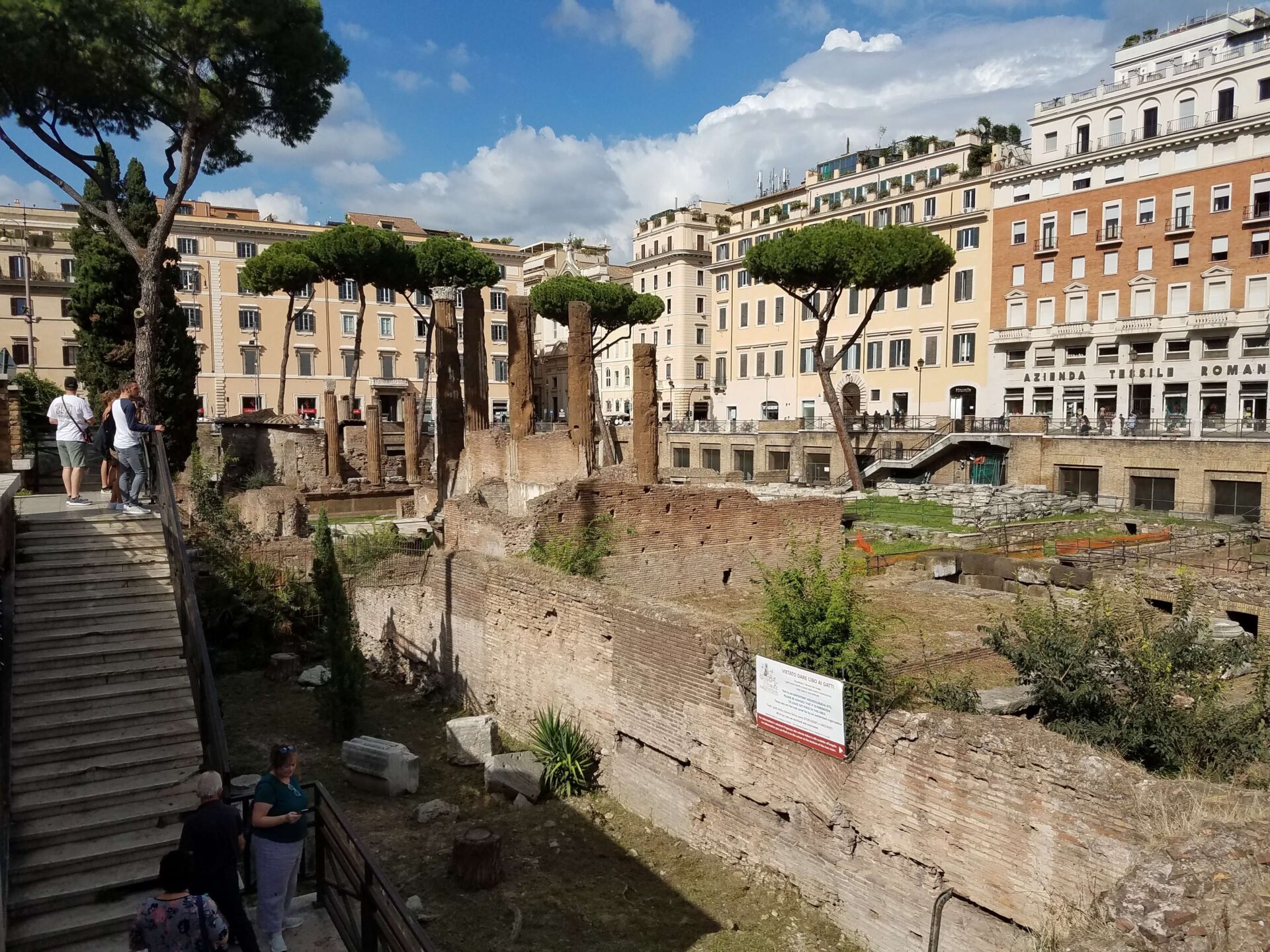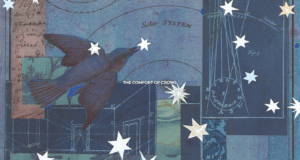- Happy Activism: A Sustainable Way to Create Change Without Burnout - February 9, 2026
- The Meaning of Critical Thinking: A Key Skill for Navigating Today’s Information Landscape - November 3, 2025
- Grandparents Can Develop Activist Grandchildren - September 29, 2025
Last Updated on October 23, 2024
How can you save the world by saving seeds?
Browsing Bevin Cohen’s Saving Our Seed: The Practice & Philosophy this quote struck me:
“…no other work on this Earth is as important.”
I try to help others find their activism passion, so I paused to ponder the meaning of his words. The quote seems dramatic when you consider the numerous ways we could make the world a better place. But consider this: if you browse your pantry and look at the labels, you’ll see 90% of your food comes from seeds.
Now that commercial agriculture has taken over most people’s food production, 75% of varieties have disappeared. This may endanger our global food supply.
Seed-savers are desperate to make sure plant varieties don’t disappear. But why is it essential to preserve a variety of greasy bean?
Why is seed-saving important?
In my post on being an everyday activist, I discuss what we can do as we go about our daily lives to support the cause closest to our heart. The same is true for gardeners and saving seeds. Buying heirloom seeds and saving them later is a form of environmental activism.
Heirloom seeds have been cultivated over generations. Hybrid seeds are bred for specific characteristics, which means they can, for example, be resistant to disease. However, companies patent hybrids to protect their profit and, for some, saving seeds would not work anyway because the next generation is not true to the first.
Another issue is that producers breed hybrids for shipping. Instead of choosing flavorful plants, companies select plants that won’t spoil when it takes a long time to send them to faraway places. That is why tomatoes you buy in the winter have no taste.
[Use the buttons on the right to share this post with a gardener friend!]
Saving Seeds and the Environment
By making the choice of heirloom plants and saving the seeds, you are making a positive impact on our environment.
- Increasing biodiversity
- Better seed availability
- Better adaptation of varieties to your area
- Preservation of your food heritage
Increasing Biodiversity
Saving seeds increases biodiversity. Biodiversity is the number of life forms in an ecosystem, and more life forms mean a healthy system. But as our human population increases, we are developing areas that used to be habitats. That means that life forms can’t survive and risk extinction.
A habitat may contain the only source of food for a species. For example, a monarch caterpillar only eats milkweed. If the monarch butterfly lays its eggs on a different plant, the caterpillars won’t have food and will die.
Better Seed Availability
Another reason to save seeds is an investment in the future food supply. In Bill Best’s Saving Seeds, Preserving Taste: Heirloom Seed Savers in Appalachia are stories of generations of farmers that applied ‘scientific’ techniques to find the most viable varieties. They had to make sure they had enough food.
Excellent varieties of plants evolve through natural selection, and gardeners over the years have seized on that approach to cultivate and save varieties that taste yummy and perform well. They watched for ‘sports,’ or mutations that arose and carefully saved and tested them in the laboratory (garden) to see how they performed. After generations of this careful approach to preserving seeds, it would be a shame to see the varieties die out because people rely on just a few commercially available varieties.
And seed savers may be the ones that prevent extinction, as in this quote:
“Varieties often degenerate in the hands of big producers. They don’t have time to select them for good flavor or other characteristics you love in a particular variety. The classic example is the Delicata squash seed that was grown a few years back. It was contaminated with extremely bitter genetics. There was only one grower in the country that year and the line was completely ruined. The industry had to go back to seed savers to repair the line. This kind of thing happens all the time.”
Better Adaptation of Varieties to Your Area
Saving your local seeds means you have varieties that produce well in your area rather than seeds produced and shipped across the country. These plants are adapted to your soil, climate, and other growing conditions. These plants don’t require as much care. So you can avoid dousing them with commercial pesticides and fertilizer. And it is good to know your hard work will result in a great harvest.
With changes in the climate comes we must adapt to pests and diseases. A diversity of seeds is an arsenal in that battle.
Preservation of Your Food Heritage
The preservation of the heritage and stories of the people who came before us is not an environmental reason to save seeds, but it is essential. In some communities, seed legacies are passed along to grandchildren. One story in Bill Best’s book is about a grandfather that had to sell all his material valuables to survive. So, his legacy was the family’s carefully-preserved seeds. Other stores are about how seed saving and swapping helps families stay in touch and honor their shared heritage. Finally, when the U.S government sent the Cherokee Nation to Oklahoma on the Trail of Tears, the Nation preserved their heritage by sewing seeds into their clothing.
[Learn more about how to find your passion and change the world.]
Seed-Saving is Important
Cohen believes no other work on the Earth is as vital as seed-saving. After reading his book, I understand better what is at stake for our future.
Physicist and activist Vandana Shiva fights against commercial agriculture’s GMOs and patents and created a seed-saving nonprofit cooperative. She says:
“That is why the act of seed saving is such an important political act in this time. And that is the part that is linked to self-organizing—organizing yourself to save the seeds, have a community garden, create an exchange, do everything that it takes to protect and rejuvenate the seed.”
Shop for heirlooms and save the seeds.
Will you support the environment?
READ NEXT
What Is a Seed Library and Why Do I Need Free Seeds of Life?
How White People Can Go Beyond Land Acknowledgment To Support Indigenous People
At the Intersection of Gardening and Technology
At the Intersection of Diet and Climate Change
How to Perform Lawn Care That Improves the Environment
How to Make Your Garden Healthy Using the Easiest Eco-Friendly Way to Compost
Resources for Experienced Activists




Pingback: #SeniSal Roundup: Mar 16-20 ~ Esme Salon
Trying to teach my son-in-law how to be self sufficient.
That is lovely, Beckie! If you want to know more about saving seeds ask your area’s extension agent or the Master Gardeners/. Best wishes!
Pingback: How To Get Started in Vegan Permaculture - Vegan Blount County
Pingback: Monday InLinkz Join us at 168 Senior Salon
Pingback: How To Get Started in Vegan Permaculture – Vegan Blount County
Pingback: How To Make a Harvest Bag
Pingback: The Best Gifts For Your Changemaker: Activist Gifts They'll Love
Pingback: How To Find Compassionate Vegan Gifts They’ll Love
Pingback: Support the Environment: Landscape Ideas to Delight You and Wildlife
Pingback: Find an Amazing Activist Gift They’ll Love. You’ll Be Tempted, Too